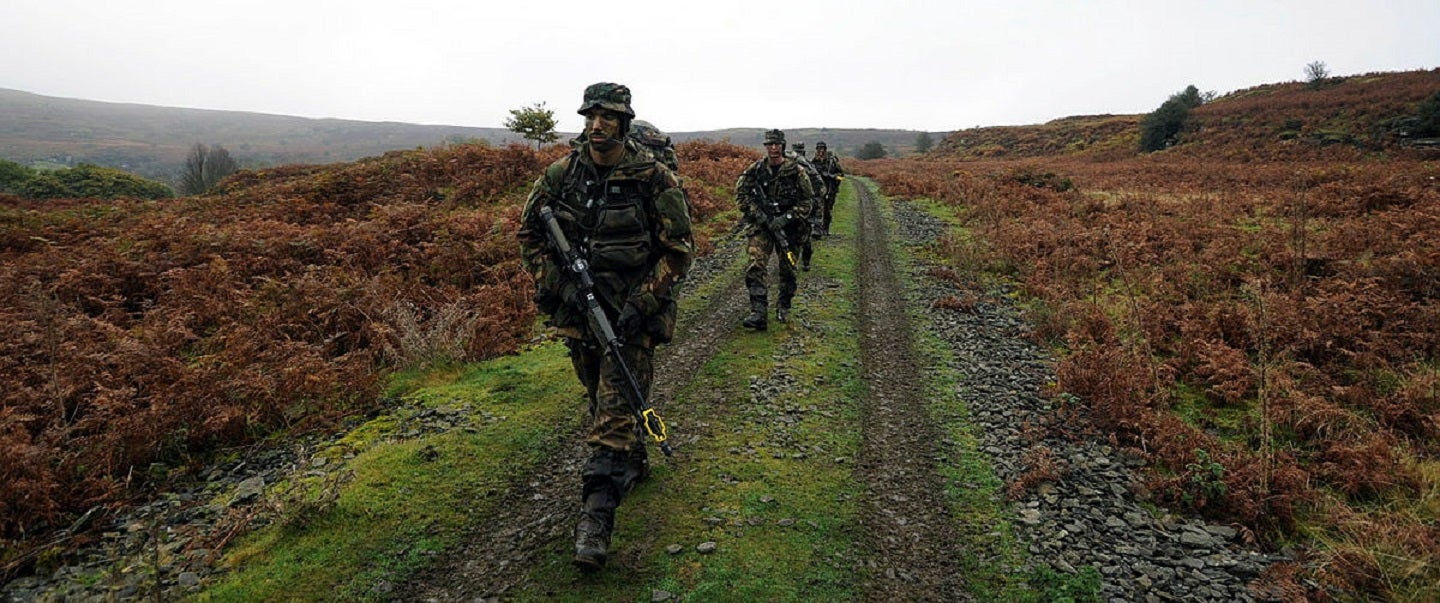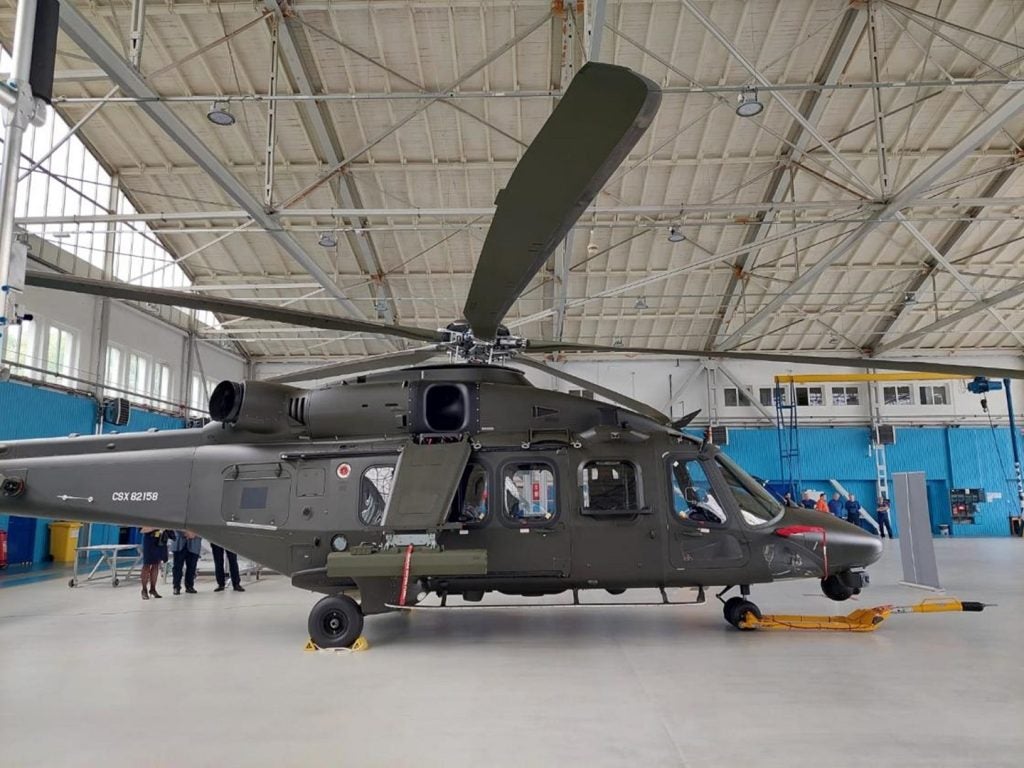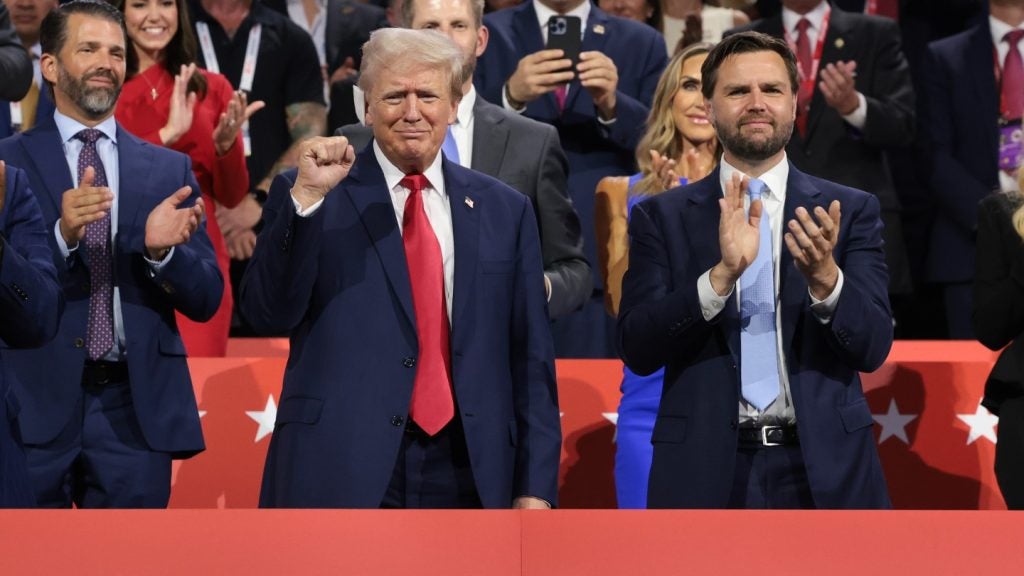
Representatives from the Dutch Armed Forces addressed the Future Soldier Technology (FST) conference on 8 March, where they conveyed a formidable challenge that the Defence Materiel Organisation (DMO) currently face.
The Netherlands currently has twenty years’ worth of outdated solider equipment. This problem is symptomatic of the need for a new culture to introduce innovation in their supply chains.
This strategy will allow the DMO to acquire and deliver the best equipment for the readiness and operations of their dismounted soldiers.
Project Manager of the DMO’s Soldier Modernisation programme, Colonel Art van Beekhuizen, and his colleague the System Integration Manager for the Individual Soldier, Ilse Kroesen, outlined the problem of modernising soldier equipment with a culture that stifles innovation.
Van Beekhuizen claimed that the DMO is “facing the obligation to have less stock” because the equipment is old, and they do not want to have to start equipment development programmes all over again in the future.
The Netherland’s Defence Vision for 2035 is formed on the premise that “In 2035, the defence organisation will be a smart, technologically advanced organisation”. Lacking a culture that promotes both digital and integrated solutions will surely lead the Kingdom to fall behind.
Cultural change
Van Beekhuizen and Kroesen stated that the backlog of outdated soldier resources has created a culture where there is no incentive to develop.
This being the case, GlobalData suggests in its report on The Netherlands Defence Market, 2023-28 that part of the country’s solution are shown by the changes made in their procurement process.
The Netherlands has historically operated a commercial-off-the-shelf and modified-off-the-shelf (COTS/MOTS) procurement strategy. While this practice does offer some benefits, such as speed of delivery and no research and development costs, the Dutch Armed Forces are opting to end the procurement of COTS/MOTS parts.
It is hoped that this will improve the Dutch industrial knowledge base by funding small and medium sized enterprises and other domestic companies to develop these parts. This will boost the Dutch defence industry and also offer unique capabilities to the Dutch Armed Forces.
Furthermore, many of the funding opportunities for innovative technologies that are offered by the Dutch Government result in the armed forces being the primary customer for the technology that has been funded through development.
This conforms with van Beekhuizen’s solution of embracing “different brands, to provide options for Dutch soldiers”, as opposed to integrating COTS, which would attain a suboptimal result in terms of the needs of Dutch soldiers.
In this way, the DMO will deliver better soldier technologies that have the optimal survivability, mobility, lethality, sustainability, and C4I considerations from diverse contractors within their domestic industrial base.
Digital integration
The Dutch Defence Vision for 2035 adds: “the defence organisation needs to change the way it is set up… growing technological capabilities require a new way of working: more technology and knowledge-intensive, or in other words, more labour-extensive. Even in a shrinking labour market, we need to be able to hold our own. Automation, digitalisation and robotisation present opportunities: by forming a ‘team’ of people and machines, we can get the best out of our people, make our (often dangerous) job safer”.
Furthermore, Kroesen emphasised that they ought to treat a soldier with all their equipment within the cubic metre as a system while managing the interfaces. This creates a system of systems framework, which requires major digital transformation.
Integrating the country’s soldier technologies, from their Smart Vest to their vehicles, within a common framework where “all items should be connected” will allow soldiers to have seamless communication and optimal performance.








